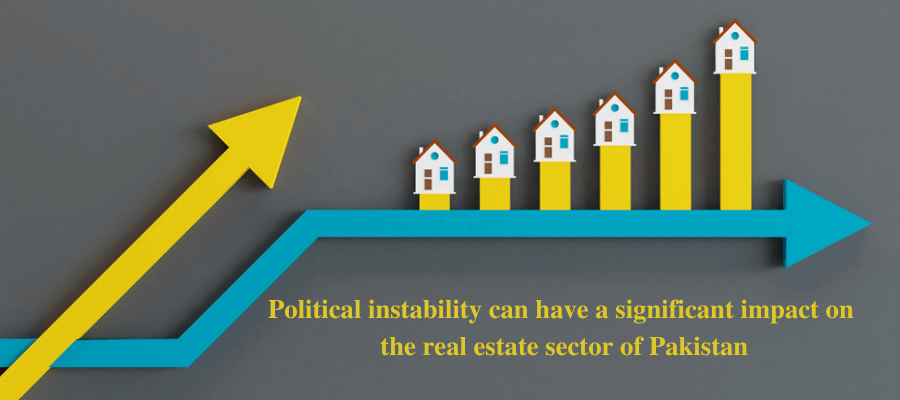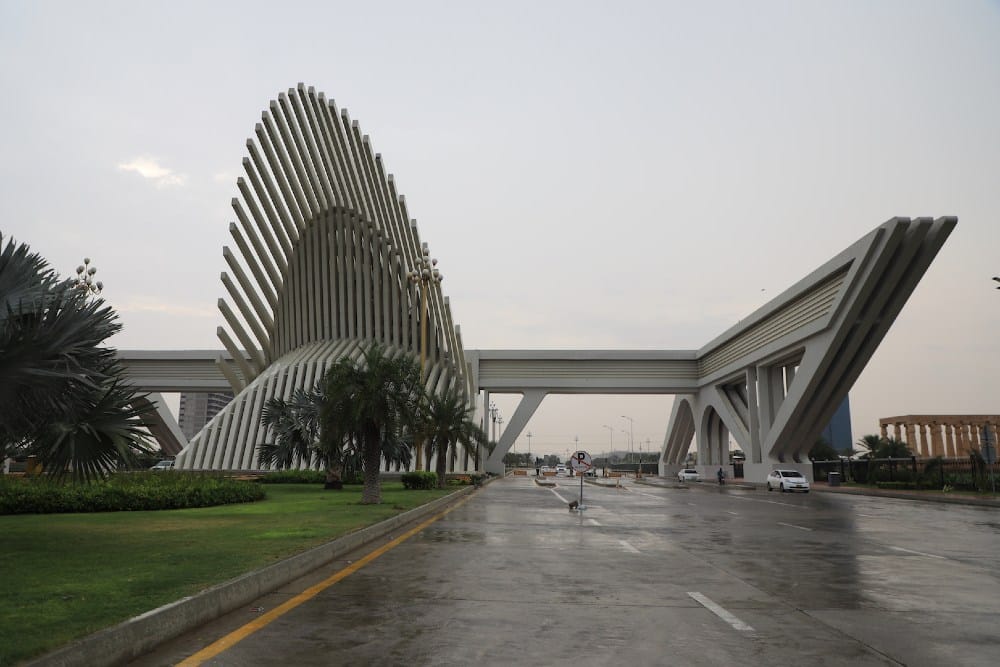Political instability can have a significant impact on the real estate sector of Pakistan
Political instability can have a significant impact on the real estate sector of any country, and Pakistan is no exception. In recent years, the country has experienced several political and economic challenges that have affected the real estate market. Here are some key ways in which political instability has affected the real estate sector in […]










